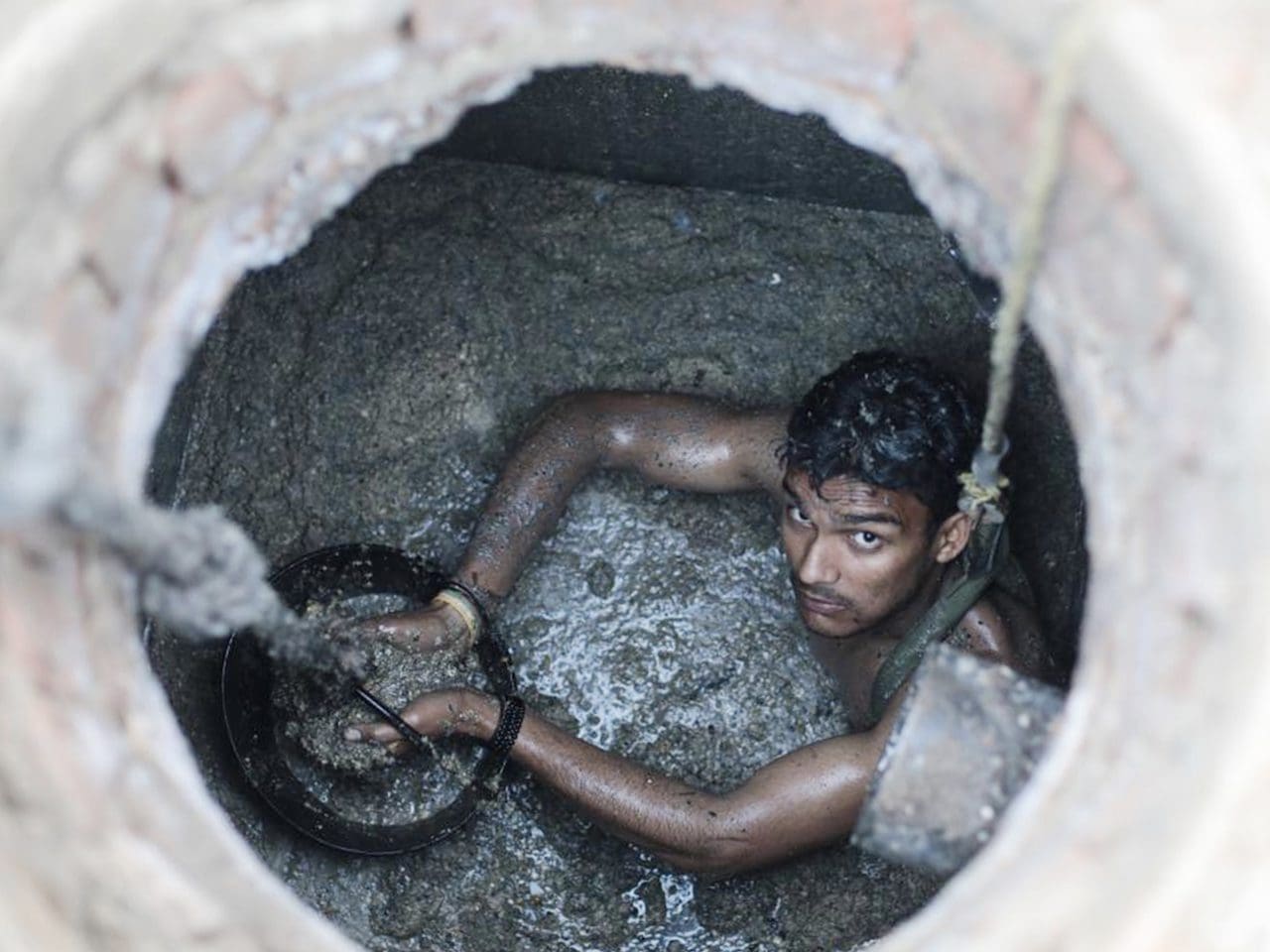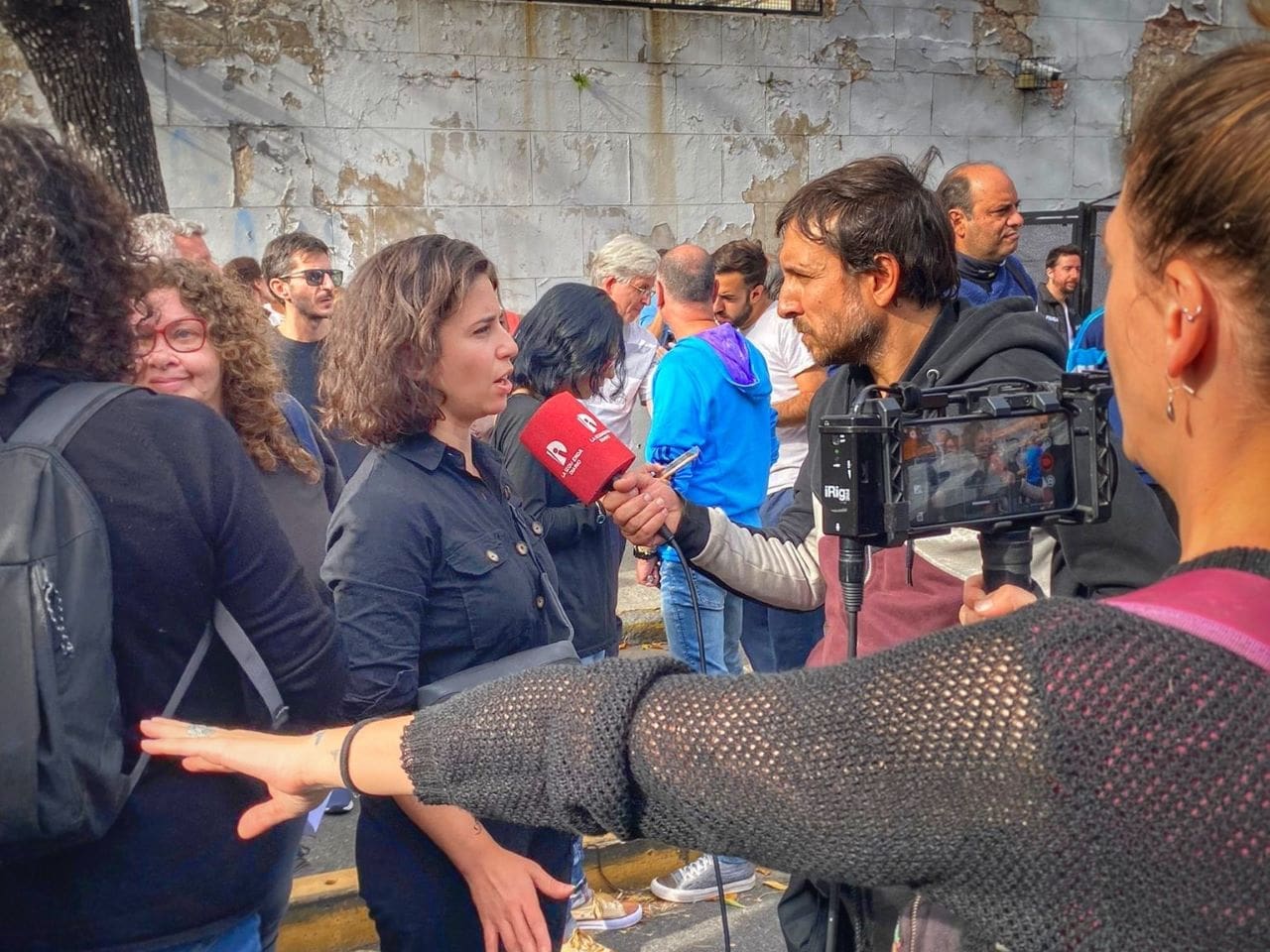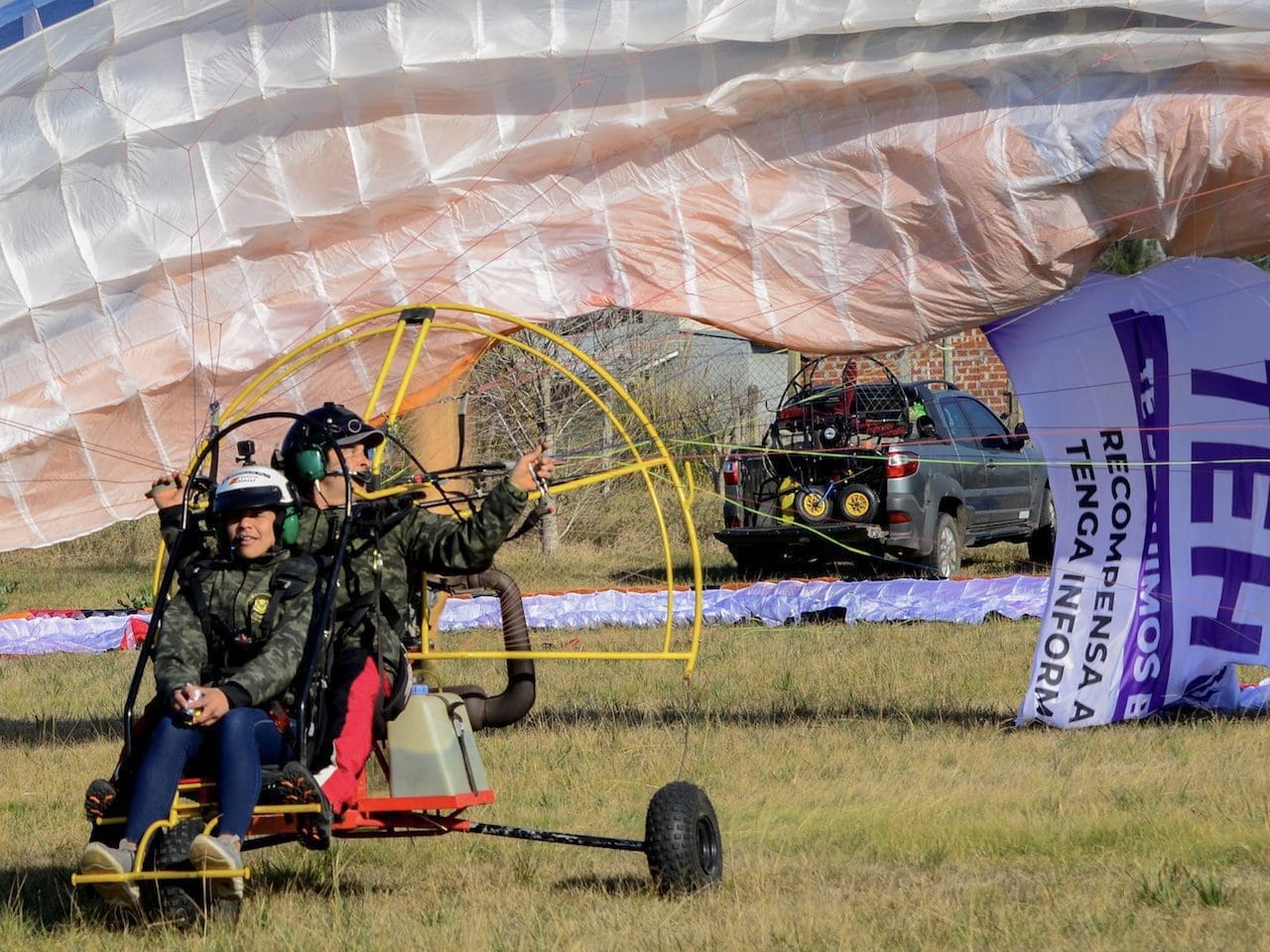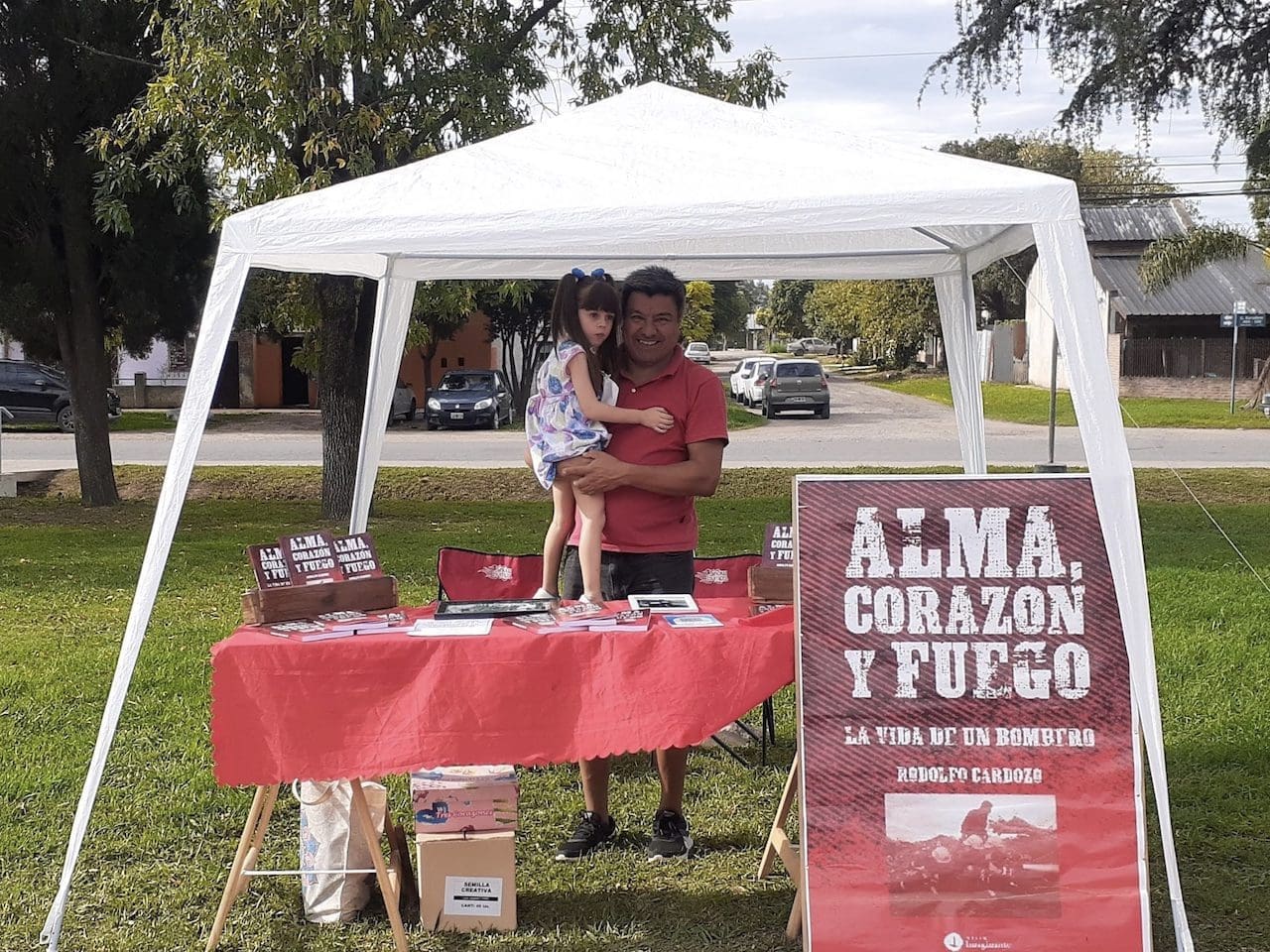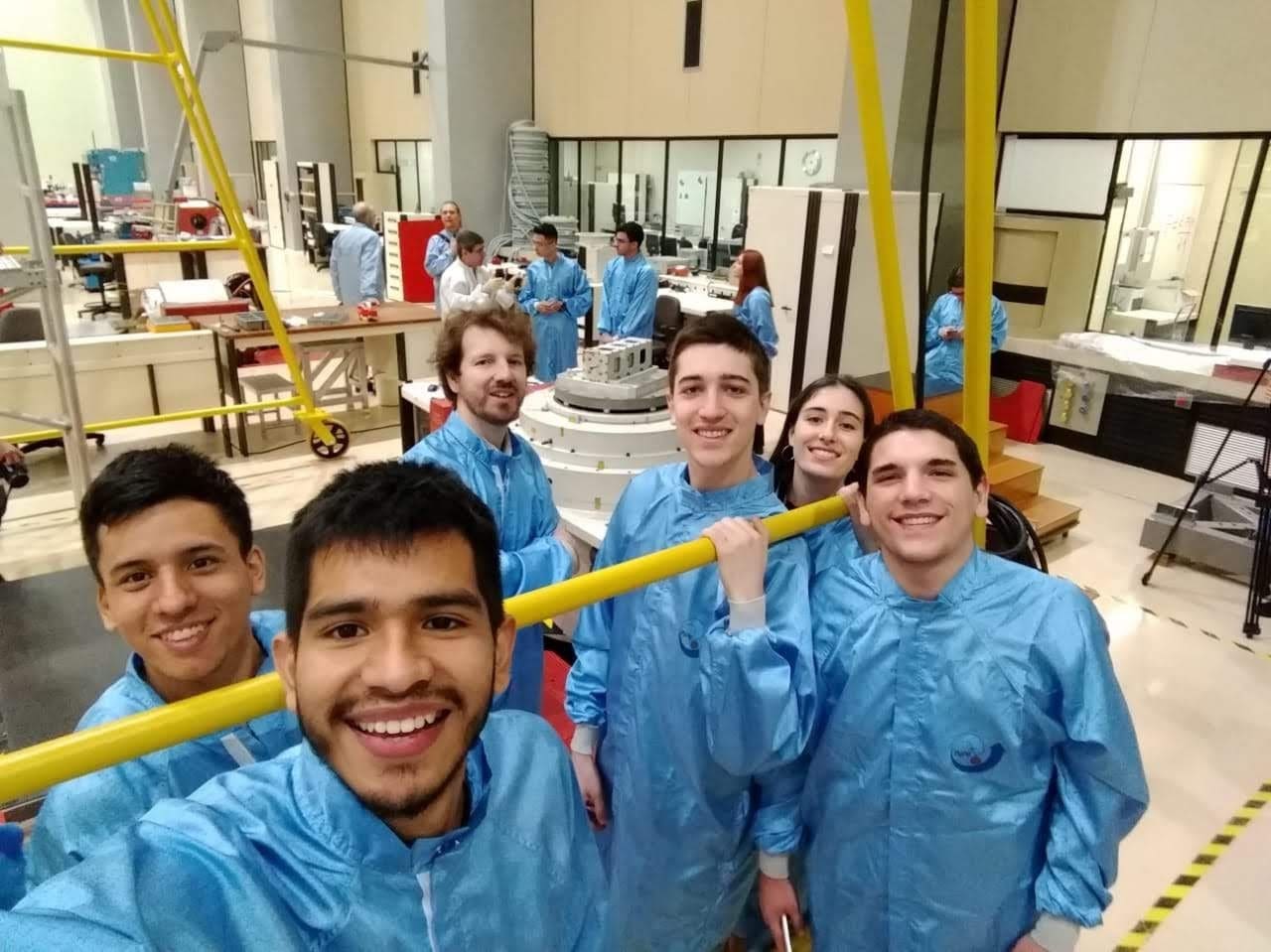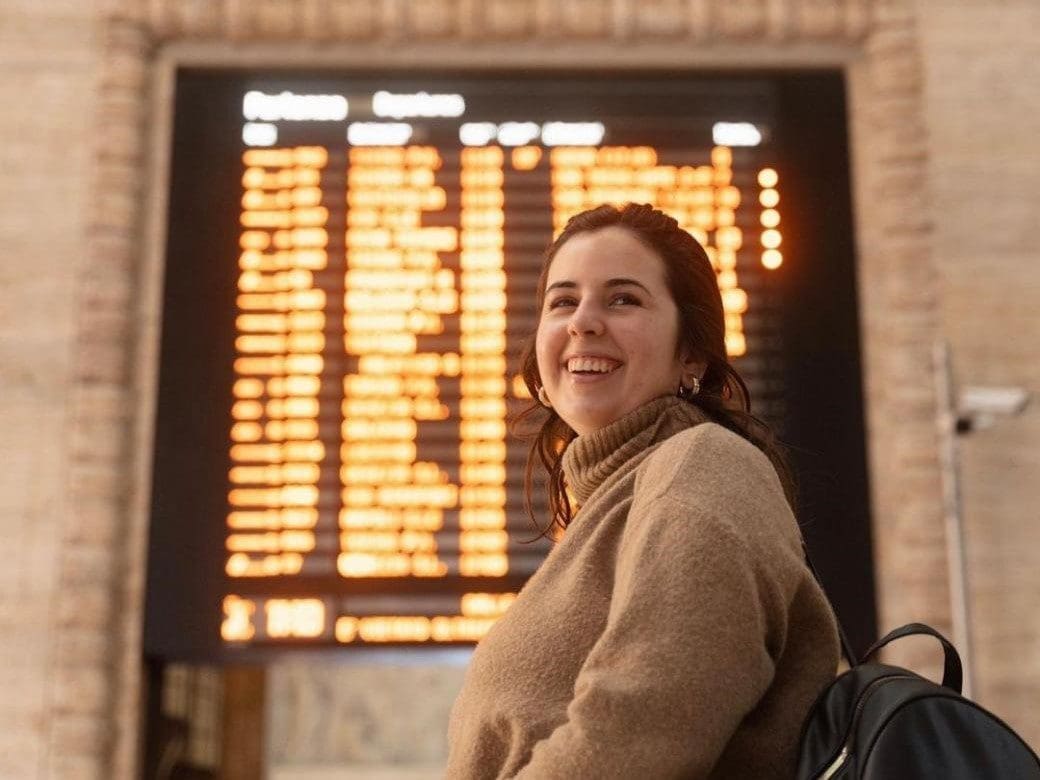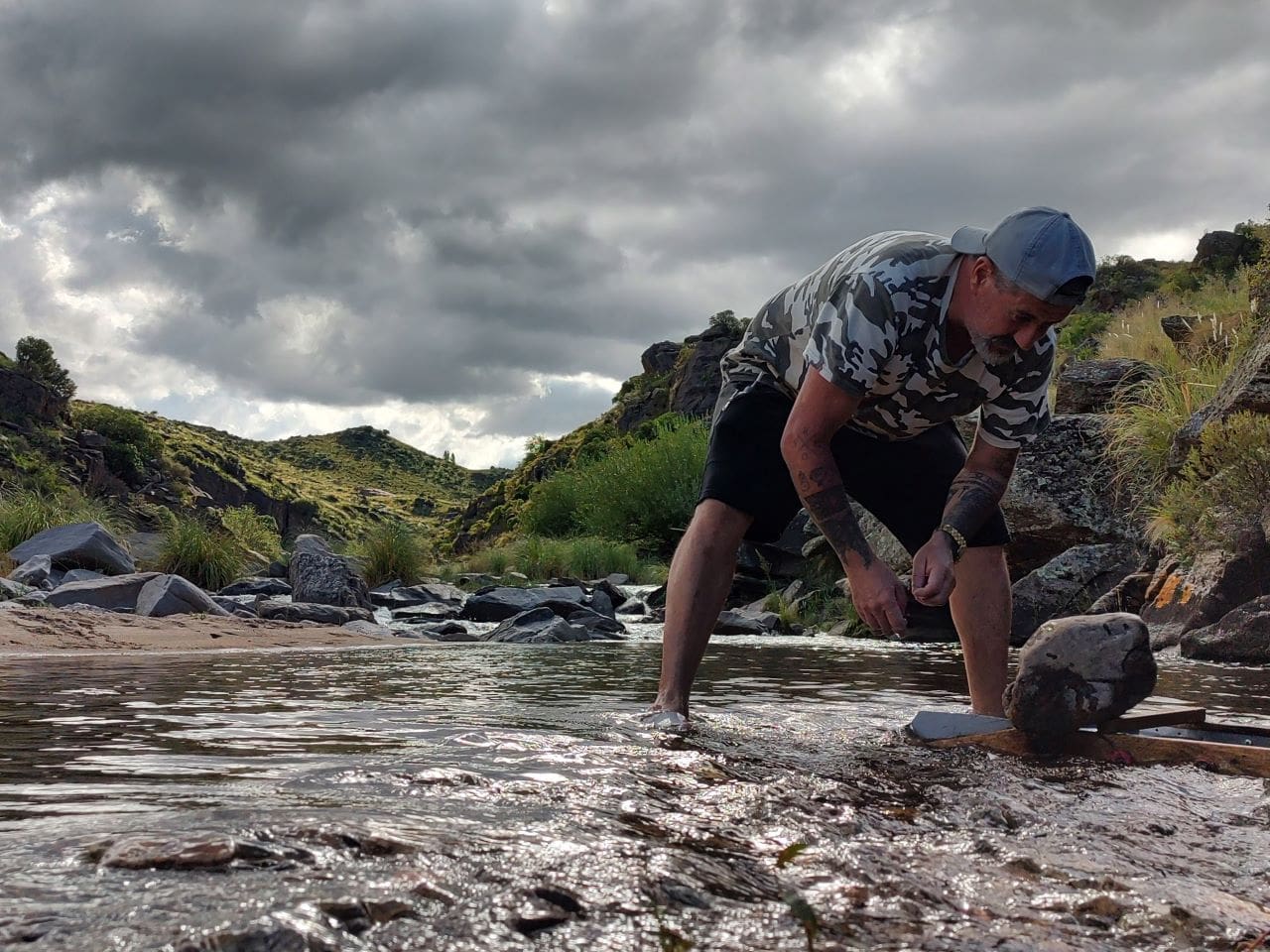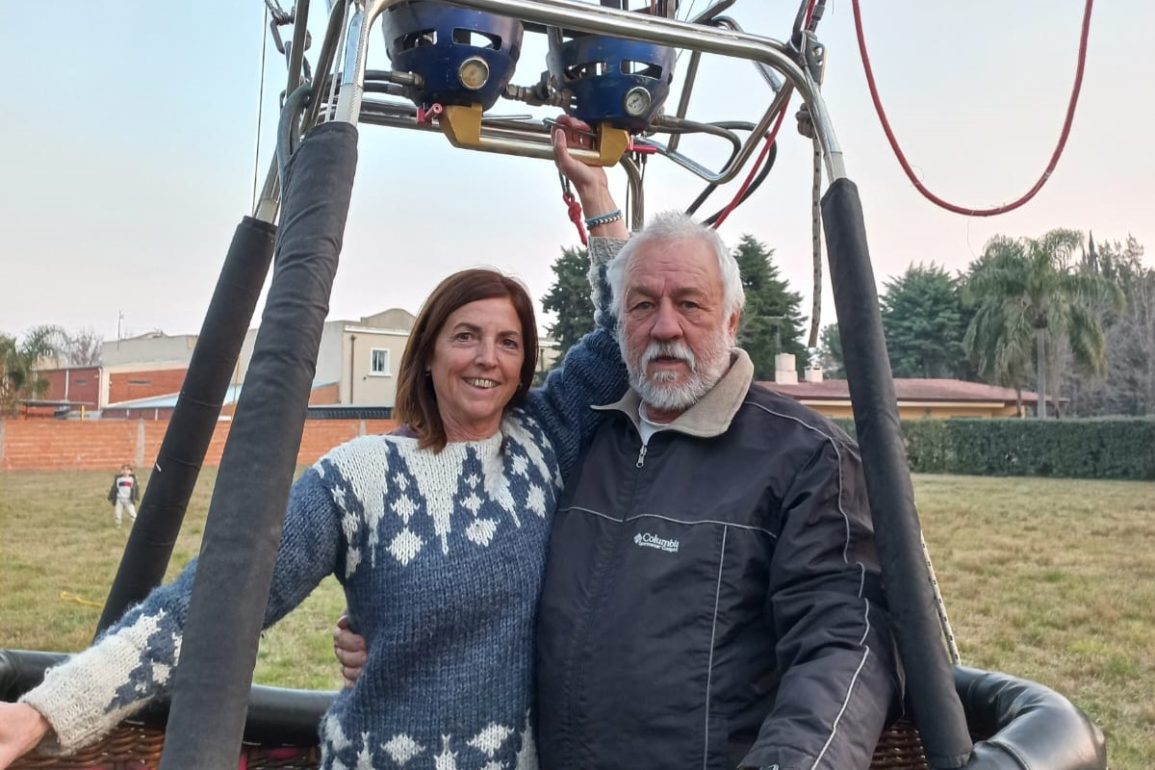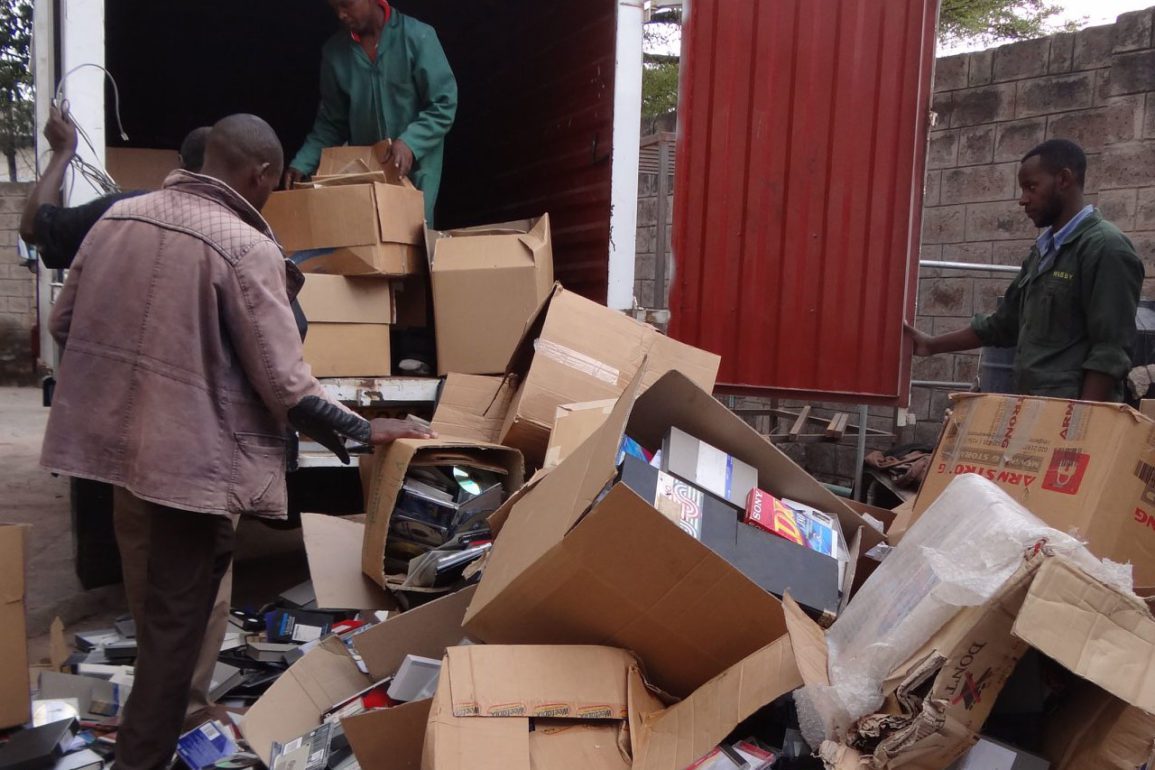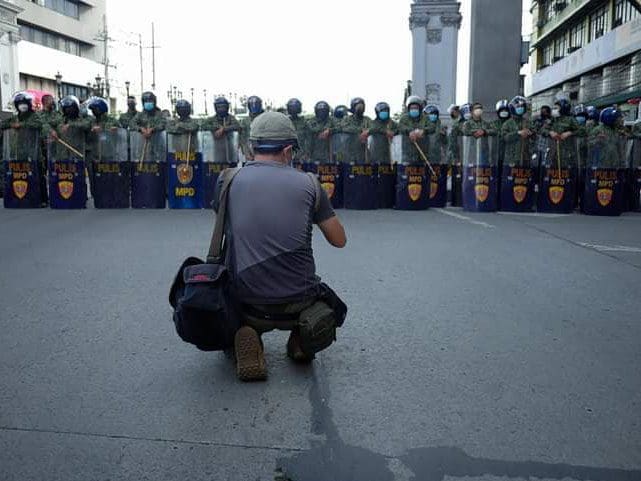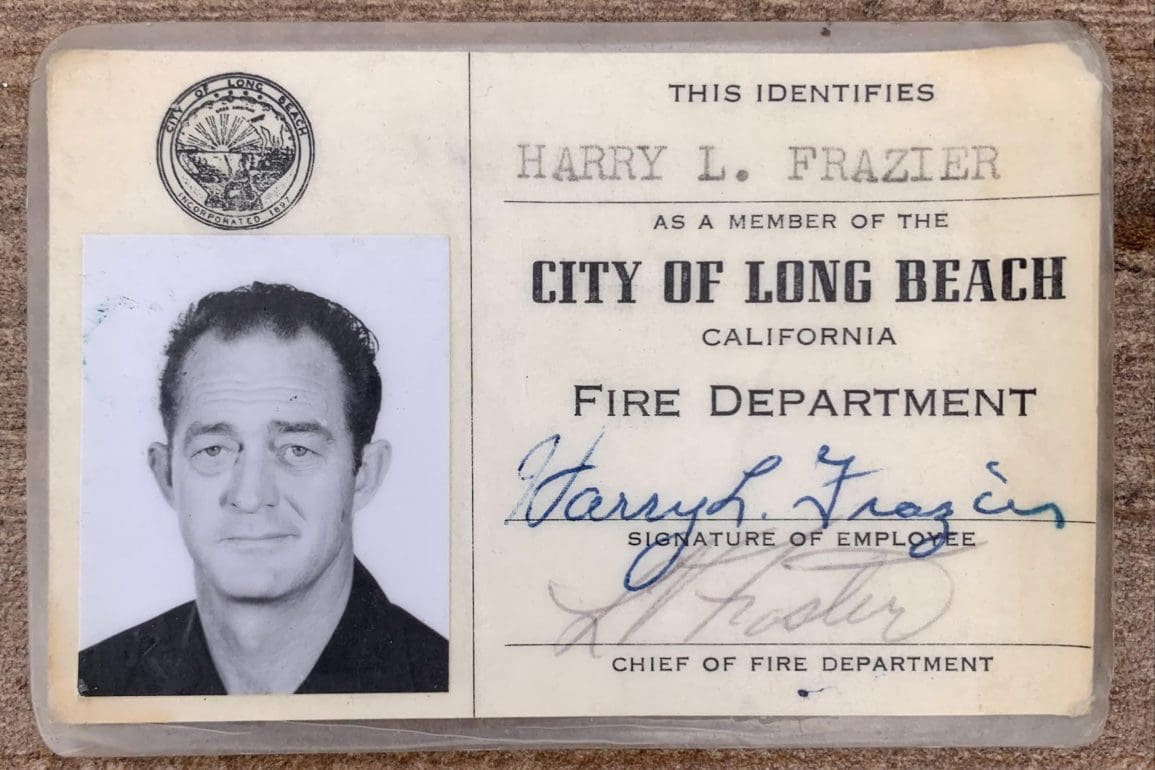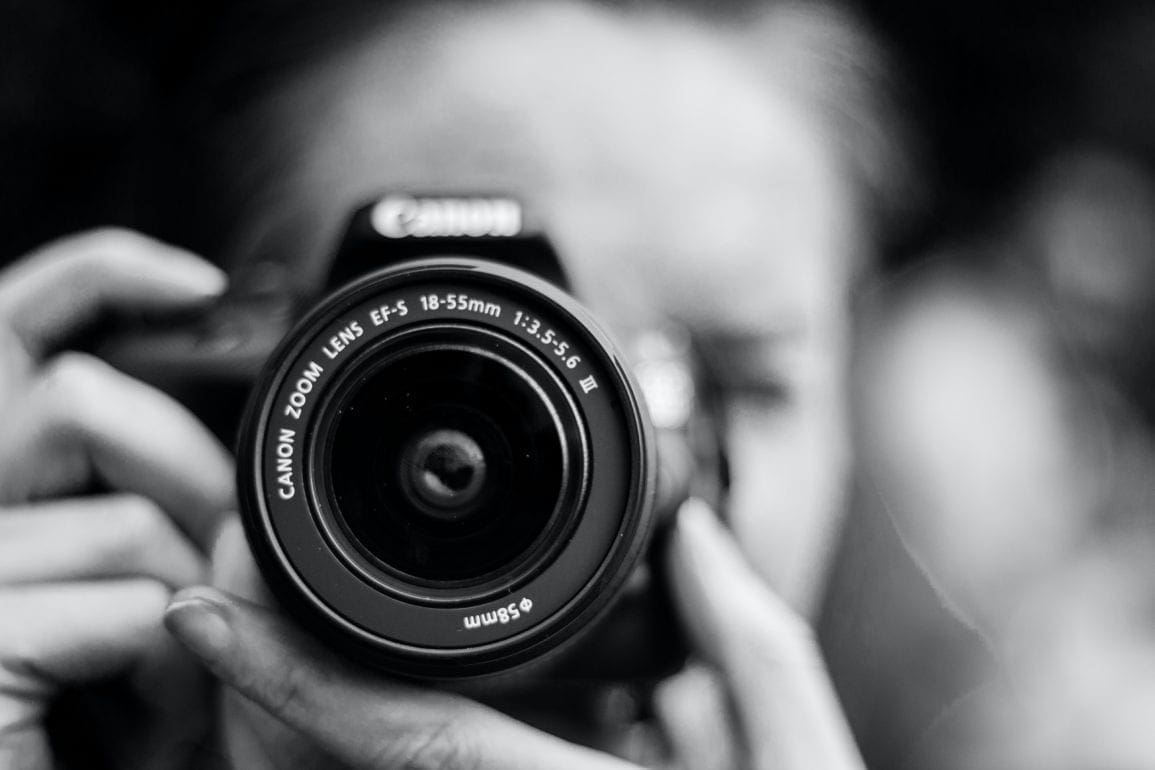Argentine journalist touches darkness during interviews with killers like Robledo Puch
Even today, more than 10 years after our last meeting, I feel that after having met Robledo Puch I was never the same again. I don’t know if he kept something of mine, or I took something of his: something that has no name and is without form, a kind of viscous material that adhered to the walls of the labyrinth of my existence.
- 4 years ago
March 9, 2022

BUENOS AIRES, Argentina—I’ve interviewed more than a hundred thieves and murderers. I’ve talked to them when they were released, in hiding, just before stealing or killing again; in dozens of prisons, their homes, and their hideouts. Though exciting and exhilarating in a way, this career has taken a toll on me.
At first, it seemed like a game, like breaking out of my boring routine and appearing in a series with detectives and criminals. Or in a movie in which the expert psychiatrist examines the mind of the most dangerous and indecipherable psychopath. I am passionate about police journalism because I can explore stories that I will never live. Those lives on the edge have nothing to do with an average person. They are lives that change from one day to the next; lives that end in graves or on the run.
I am interested in that moment where the protagonist, or the circumstance, decides if he dies or survives; that seduction with danger that has an aroma of death.
From sports coverage to interviewing criminals
I started in the Sports section, writing about soccer and boxing, for my hometown newspaper, El Atlántico, in Mar del Plata, 404 kilometers (251 miles) from Buenos Aires. I thought I would never leave the sports field until two police reporters went missing. The editor-in-chief looked at me intently and said, “Kid, there is a story there. Go with the photographer.”
Then one day in 1997, a woman who had gone out to run errands was murdered. I arrived to the scene feeling nervous, and I perceived the closeness of death, what comes after the tragedy; it is a strange sensation. I remember that I was thinking about how to begin the story. There were not enough typewriters in the newsroom, and sometimes you had to wait for your turn. When I finally wrote that first sentence, there was no turning back.
I went on to cover assaults, murders, and cases of gender violence. But the real change in my craft was when I interviewed the first thief in jail.
I still remember the experience of crossing through the gates and seeing the bars, hearing the shouts and music from the inmates, and finally, being face-to-face with a criminal. I thought about his thefts, shootings with the police, bullet scars, escapes, and a story that would not end right there. The law of many bandits is to die of a bullet or end up in prison.
Capturing the whole essence of a criminal
I became interested in the lives of other thieves and murderers and wanted to learn more. After making a list of Argentina’s most famous thieves and murderers, I pursued and was granted interviews with many of them. Some of them who agreed include Arquímedes Puccio, Ricardo Barreda and finally, Carlos Eduardo Robledo Puch, who, over the course of a year from 1971-1972, killed 11 people. He was 19 years old at the time.
I always sought to get close to the most authentic versions of these people, to access their unknown sides beyond the legends constructed by the press. I knew if I wrote about them in a damning way, I would fail. Therefore, I tried not to stigmatize them, judge them or be complacent.
But all this work took a toll on me that I did not expect. Face-to-face and repeated contact with the killers changed a part of me. I came to perceive that darkness in crime could penetrate me without realizing it.
My encounters with these people were not simple interviews with two people sitting at a table. I believe that to write deeply about a person, you have to meet at least five times and spend a lot of time with them. You have to go for a walk, visit a cinema or bar together, see what that person’s world is like. That’s how you capture them in action and get their true selves, rather than allowing them to disguise themselves in front of a tape recorder.
At first, I immersed myself in the stories, lacking a cautious approach. I felt contaminated. It was like going to a battle without a shield. Over time, I learned to create strategies that helped me better control the direction of the interview.
First meeting with “The Black Angel” Robledo Puch
I visited Robledo Puch more than ten times in prison. The police guards compared his beauty to that of Marilyn Monroe: he was blond and had blue eyes and an angelic face.
The story had a lot of attention in the media of the time—to describe him and his crimes, they used phrases like “the monster,” “the human beast,” “sadistic murderer,” “perverse hyena,” “devil with a babyface,” and “angel of death.”
For many years, Robledo did not allow any journalist to approach him. He had no visits, not from relatives or anyone else. “I hate journalists because it is their fault that my mother tried to commit suicide.” he told me on one occasion. Nevertheless, I sent him a letter in which I proposed to write an article for the newspaper Crítica de la Argentina newspaper. His acceptance, received by letter two weeks later, surprised me.
In my letter, I promised that he would have the freedom to express himself freely, and so it was. Although he declared himself innocent in our first encounters, he revealed otherwise in the interviews that followed.
When I visited him for the first time in the Sierra Chica prison, in the province of Buenos Aires, something in his gaze disturbed me; every gesture and movement was attentive to my presence in a lurking way. But that distrust immediately diluted when I told him that I am a journalist who wants to hear your story. Then—that man described as psychopathic, cruel, perverse, and heartless—stopped staring at me, smiled, and hugged me.
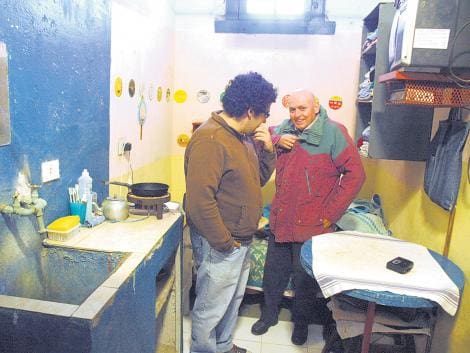
Writing a book on a serial killer
Puch developed so much confidence in our relationship as the visits passed that he began to act like he’d developed affection for me.
He gave me gifts and childish drawings, said he considered me his friend, and made me listen to songs. Once he even cooked me a local dish called matambre (a kind of meat roll stuffed with vegetables). I took it home but ended up throwing it away.
As time passed and our contact continued, he revealed that he wanted me as his biographer and to speak to society through me.
Of course, I was not depending only on him for the book—I collected all the evidence outside of those interviews. I included the testimony of his father, who declared that his son “killed much more than 11 people, killed the families of those victims, killed his parents, killed all of humanity,” and his childhood friends and other people who knew him. It started to turn into an obsession with the case.
During the writing of this book, I got so deep into the mind of the murderer—or thought I did—that I watched the movies and read the books that had moved him. I wrote with the blinds down and soaked in the shadows. I even took on Puch’s obsession with numbers. He looked at license plates, numerical combinations of the bus tickets, the numbering of the streets; everything was a puzzle.
I withdrew from friends and relatives. The people who knew of my bond with Puch asked me questions, and at times I felt like a hunter who came out of the most exotic zoo to tell how the most repugnant animal lives. My life seemed to follow a different course than it would have never had if I had not met him.
I told all the details in my book, titled “El Ángel Negro.”
Encounter with darkness takes its toll
Even today, more than 10 years after our last meeting, I feel that after having met Robledo Puch I was never the same again. I don’t know if he kept something of mine, or I took something of his: something that has no name and is without form, a kind of viscous material that adhered to the walls of the labyrinth of my existence.
From one day to the next, I began to see everything without energy and from a distance, as if I were inside a gray fishbowl. I felt an icy strangeness, like I was an impostor; a lousy imitator of my actions, unable to remember sensations and happy moments.
I will never know for sure if that otherness was due to the influence of that incursion into hell by the exterminating angel himself. I left prison self-absorbed, like a victim of a virus that paralyzed me and left me in a trance, thinking of an abyss that thought of me back.
Therapy didn’t seem to help. One of them, I remember, told me that I had started to see through the eyes of the Puch’s victims. I think it’s more accurate that I started to see through the eyes the murderer himself.
Once Robledo told me he wanted to stay in my house once he got out of jail and lay on a mattress on the floor. I told him that we would see about that later, so as not to make him angry, but I realized that our relationship had crossed a limit.
The last thing he sent me was a warning message through another detainee: “Tell that guy that when I get out of prison, I will shoot him three times.” I guess he did not like the book.
Moving on but still connected
At this stage of my life, I decided to no longer tell these kinds of stories that vampirize me, twisted stories that end badly.
I’ve heard unspeakable confessions of murders, robberies, kidnappings, and betrayals. It feels as though I carry a great weight of all those criminals who crossed limits that I would never cross myself.
In all these men’s stories lurks the ghost of death. I’ll never know why someone who doesn’t know me reveals such secrets to me.
Sometimes I feel like the peaceful, motionless, but necessary link between a man who loaded his gun a hundred years ago and another who is going to shoot it in another hundred.
From each of these men, something unknown has impregnated me. It is not courage or violence; perhaps it is that feeling of waiting for something inevitable.
I’m not a criminal, but sometimes I do understand them, and I feel that something binds me to them. It’s as if I too hid the secret of a crime that I still can’t bring myself to confess.


































































































































































































